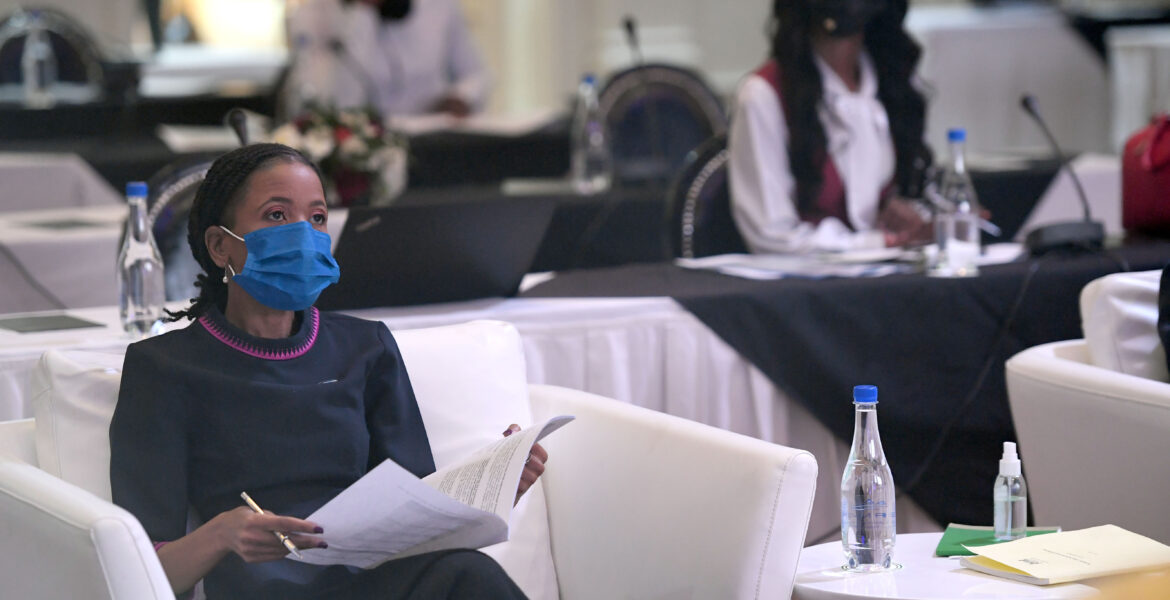Minister mentions broadening the tax base, efficiency in tax collection as fundamental means
GAZETTE REPORTER
The government will focus on domestic resource mobilisation as a key source of revenue to finance the country’s budget, the Minister of Finance and Economic Development (MFED), Peggy Serame, has told a recent Budget Pitso in Gaborone.
Minister Serame noted that historically, the government budget has been funded primarily by financial resources generated externally, mainly mineral exports and the Common Revenue Pool of the Southern African Customs Union (SACU Revenue Pool).
However, the time has come for the government to explore other avenues to generate revenue, she said. “There is a need for sustainable resource mobilisation and financing plan,” the minister emphasised. “Going forward, the focus will be on domestic resource mobilisation as a key source of government revenue. This will mean taking measures to broaden the tax base, ensuring efficiency in our tax collection mechanisms and seeking other avenues to raise revenues, such as in fees and charges.”
To that end, the government increased value added tax (VAT) from 12 percent to 14 percent earlier this year while a sugar tax and a plastic levy were also introduced.
Serame said going forward, greater prudence in government spending will be prioritised, especially by speeding up public sector reforms and improving the rollout of public e-services. “This is critical as we do not have sufficient financial buffers in the Government Investment Account, which declined during 2020,” she noted. “Additional resources, if required, may need to be raised through domestic and foreign borrowing while ensuring that we remain within the statutory debt limit of 40 percent of GDP.
She said with COVID-19 has persisted longer than anticipated, indicative revenue projections, which will be updated in January 2022, have been revised downwards while expenditures are expected to rise, especially in the health sector due to the pandemic. “As a result, an overall budget deficit of 4.0 percent of GDP is anticipated for the 2022/2023 financial year,” the minister noted. “Therefore, we have to continue to adjust and reprioritise our spending plans.”
Organised by MFED, the purpose of the Budget Pitso was to engage academia, trade unions, civil society, development partners, NGOs, business organizations and other stakeholder in order to obtain their views on matters concerning the next annual national budget that Serame will present to Parliament in February next year.

